
A show about relationships with the land
There are many ways to listen to the show: Listen live on CFRU 93.3 fm broadcasting from the University of Guelph Mondays at 6pm EST or listen to the podcast via Spotify, Apple, or just follow the rss feed.
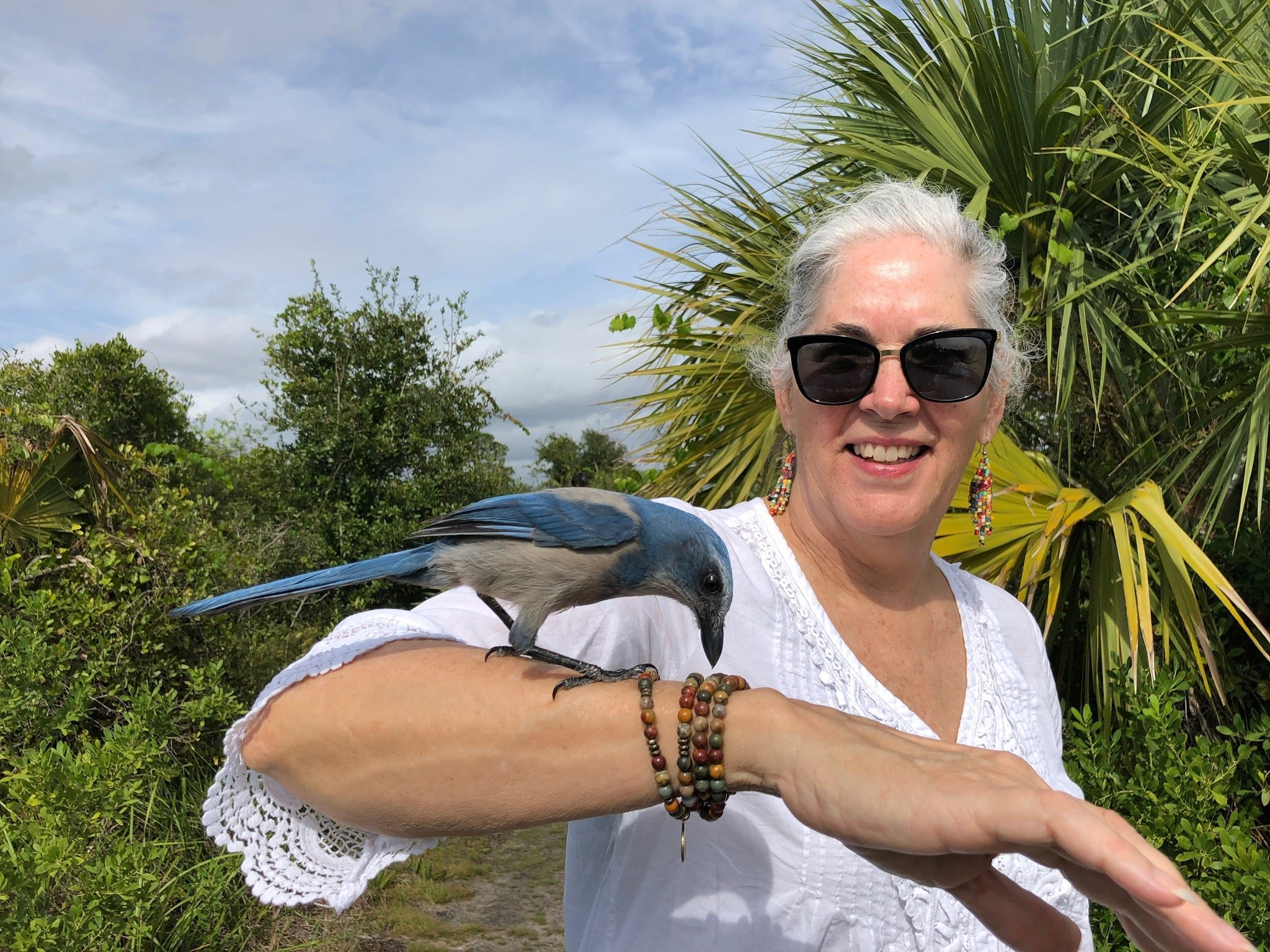
Ep. 230 : In Conversation with Lisa Donahue
How do we aim to teach about a land which has been occupied through theft, displacement, war, and genocide? How can we say we work towards loving relationships with ourselves, with each other and the land when this is the past and present reality of the place we inhabit and the position of the states we are governed by?
I got to talk with a mentor, friend, and elder in my community, Lisa Donahue, about how we can struggle to do the work of bringing folks outside and teaching them alongside the land when the context is rife with harm. As always, Lisa shared from the heart with precision, passion and a poignant reckoning of the ongoing need to work towards justice, peace and good relations. I am so grateful for her wisdom, her humility and her care.
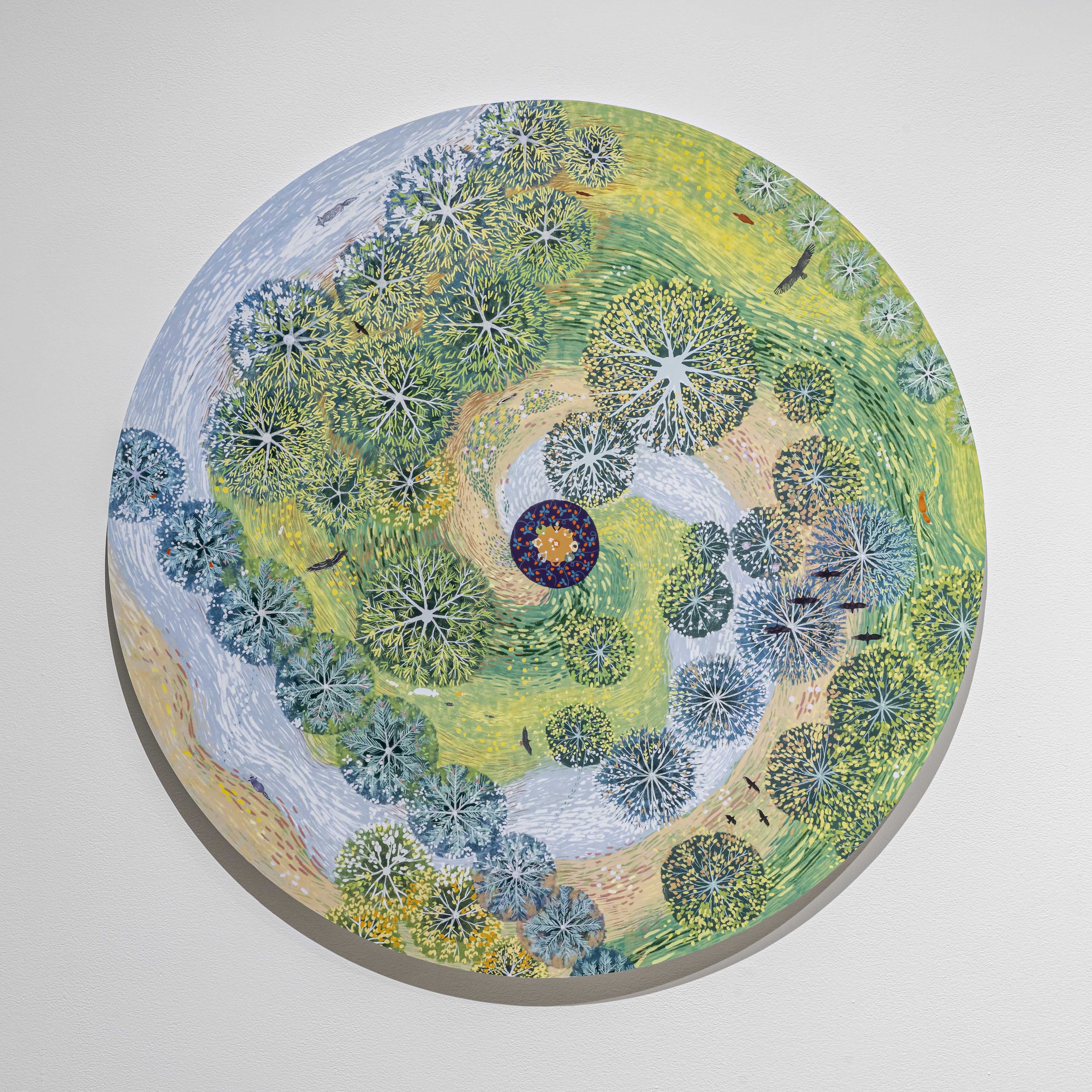
Ep. 207 : Journey With Our Kin with Dani Kastelein-Longlade and Amina Lalor
Dani Kastelein-Longlade and Amina Lalor along with with guest artists Katherine Rae Diemert and Brenda Mabel Reid have created an inspiring and beautiful exhibition, Journey With Our Kin, at the Queens Square Idea Exchange gallery in Cambridge Ontario. The exhibition is open until Feb. 5th, 2023.
I got to talk with Dani and Amina about their work at the exhibition, and about how getting to know the lands where we live may interrupt the colonial frameworks we daily navigate. We discuss relationships with the land, the Nokom’s House project we have all been a part of, and about their place in the world along with varied identities, passions, and work they take up.
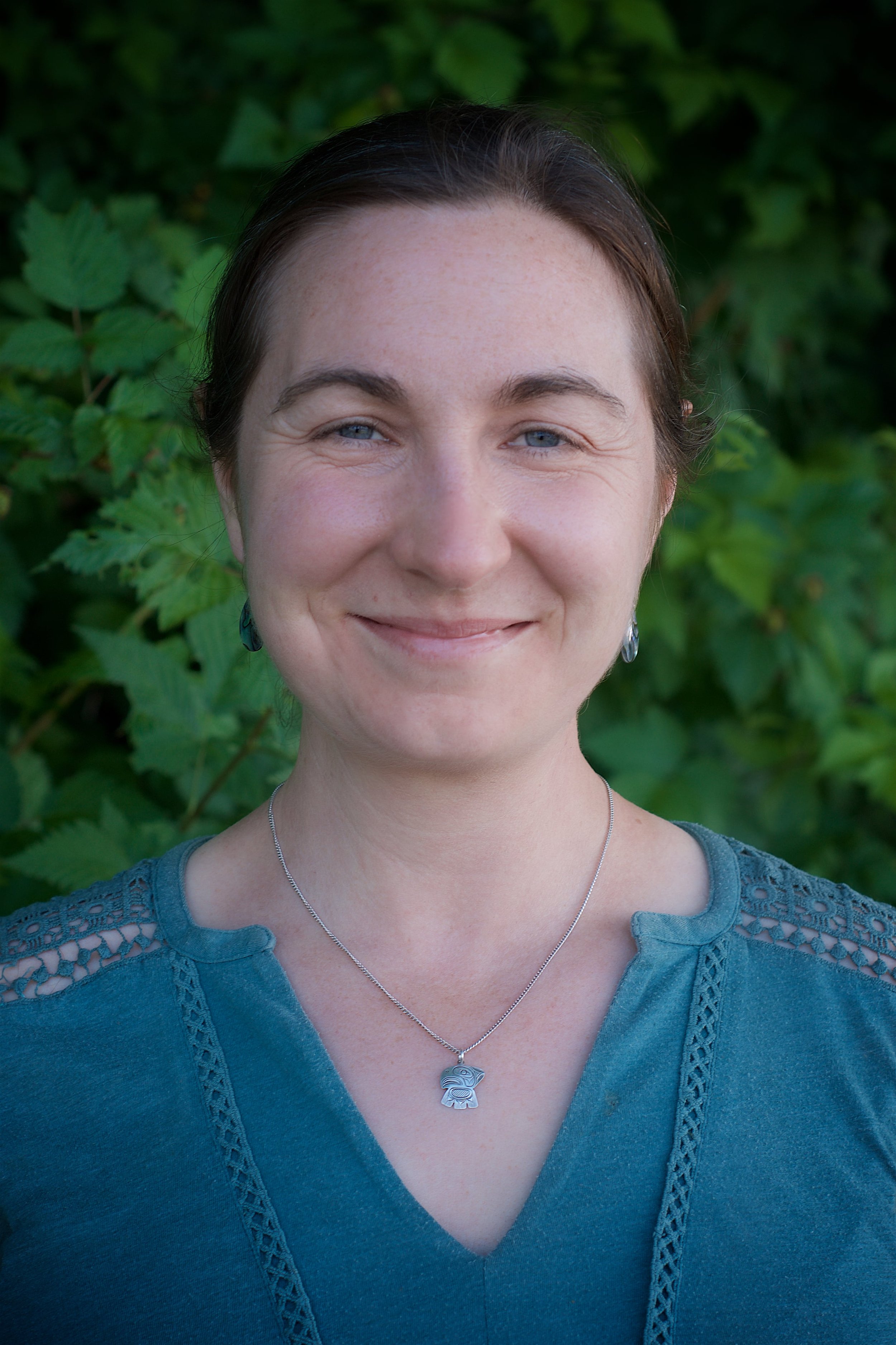
Ep. 192 : Daniella Roze on the harm in our work
Daniella Roze lives this stuff. Seriously. She has spent years living off grid in a small community of folks learning how to live in closer connection with their land base out West. She has done month long adventures with a crew of women living with only the hides on their backs and whatever they could harvest from the land. She is also the founder, and was the former director and lead instructor at the Thriving Roots Wilderness School. Land based learner, educator, ecopsychologist, and PhD candidate, Daniella is well acquainted with the healing and possibility in the work of helping folks connect with the land, but she is also aware of the harms.
Together we discuss how can our nature based organizations work towards “justice” when we have blinders imposed by the dominant culture? When we replicate racist hiring practices, when we speak of the land in ways that erase the indigenous histories of the places where we work? How can we do the work to be more equitable, inclusive and welcoming to black, indigenous and other folks of colour?
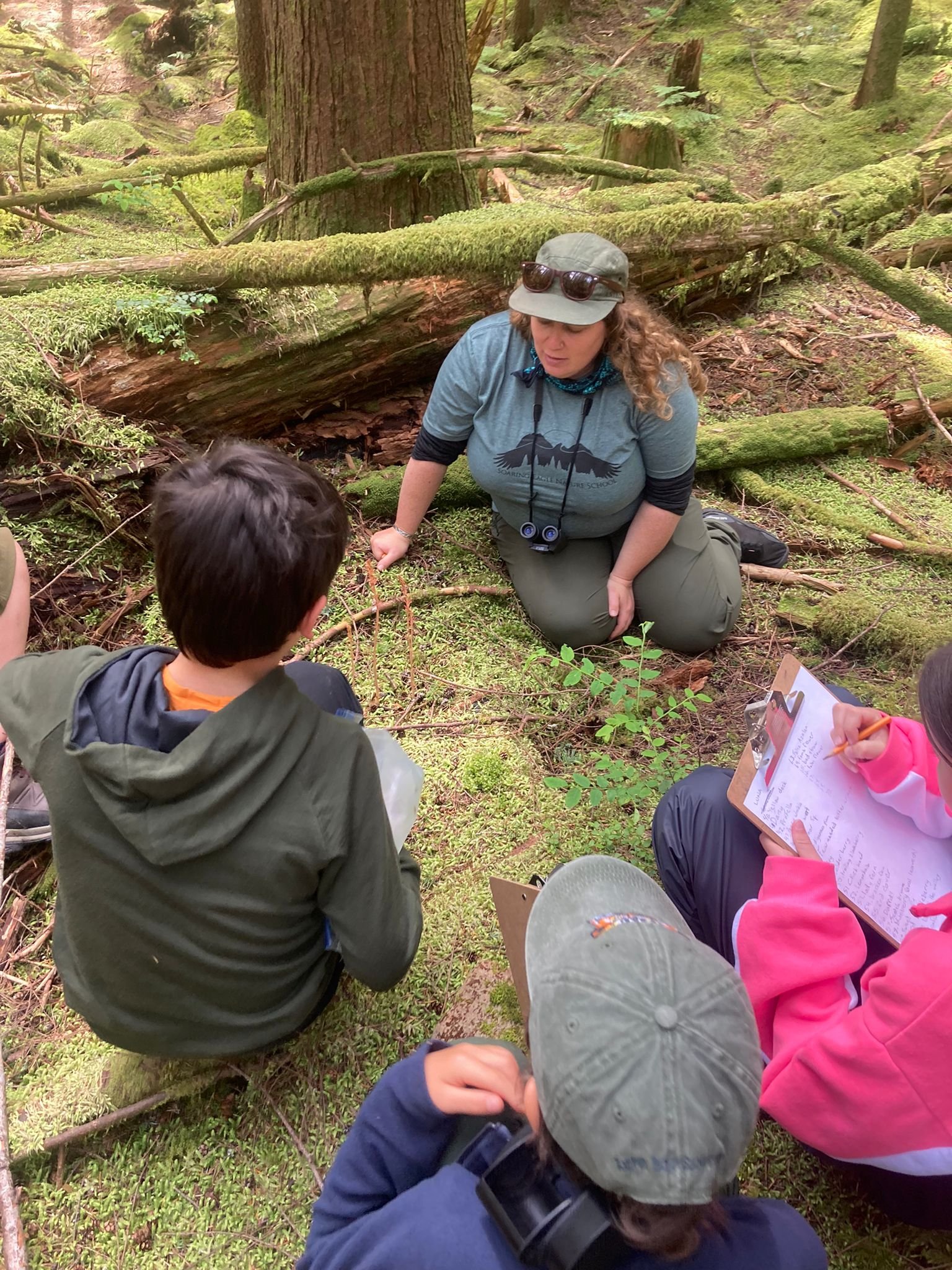
Ep. 190 : Jenna Rudolph on the harm in our work
Jenna Rudolph has been running an nature school on unceded territories on the West coat of the continent. What does it mean to support students in developing connections to a land base that is stolen from indigenous people? It would be easy to shy away from the question, as many have for so long, but Jenna and her colleagues at Soaring Eagle Nature School are trying to explore this question directly, with humility, patience and deep care.
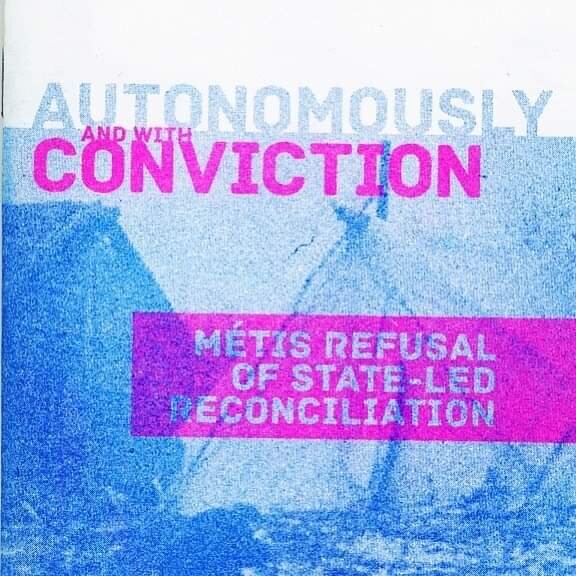
Ep. 172 : Autonomously and with Conviction
Since September 25th, the Gidimt’en Access Point has been holding new blockades and using a variety of tactics to keep Coastal GasLink workers and the RCMP off their territory. Specifically, they have been blocking access to a drill pad, without which CGL will be unable to drill under the Wedzin Kwa, or Morice River.
Gidimt’en clan members and supporters have established themselves on the site, which they have named Coyote Camp, building a log cabin complete with a wood stove to support a sustained defense of the camp.
The RCMP’s Community-Industry Response Group has been present at the camp, carrying out daily reconnaissance, searching tents, emptying campers’ drinking water supply, and generally harassing the site’s inhabitants.
In the words of Sleydo’, spokesperson for Gidimt’en Checkpoint, “Our way of life is at risk. Wedzin Kwa [is the] river that feeds all of Wet’suwet’en territory and gives life to our nation.”
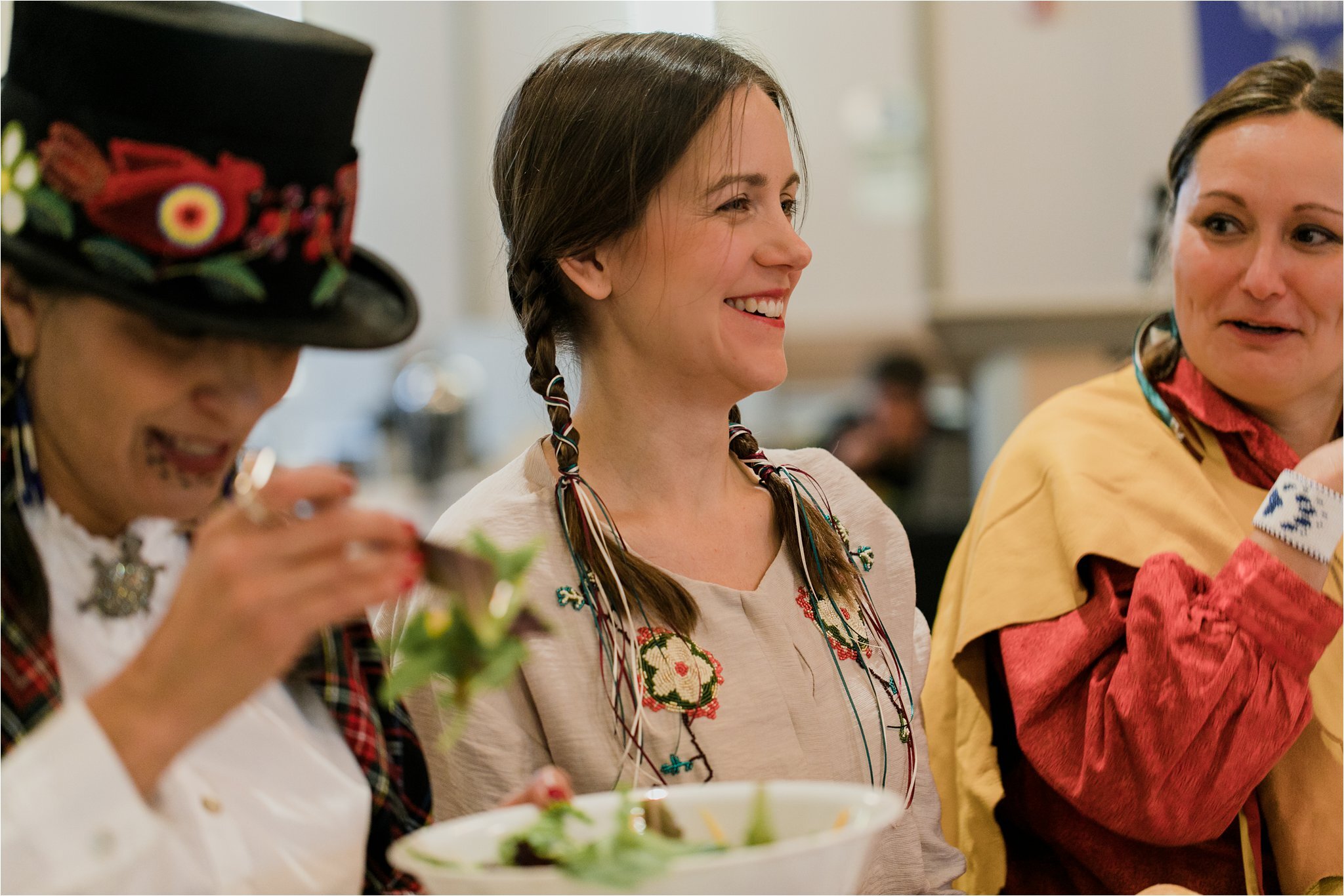
Ep. 151 : Nokom’s House
Dr. Kim Anderson, Dr. Sheri Longboat and Dr. Brittany Luby are the driving force behind Nokom’s House, a new lab in development at the University of Guelph. Together with a community of elders they are establishing an indigenous learning, sharing, teaching space which will be using relational pedagogies, community research, and land-based learning to make home for cultural recovery, inter-generational training, and the creation of indigenous futurities.
On the show we hear why there is a need for Nokom’s House within the academic setting, what the cultural architecture of safety can look like for marginalized students, the roles of women, especially older women, have within indigineous communities, and also why there needs to be spaces specifically for indigineous people on the University of Guelph campus, within the city of Guelph, and further afield.
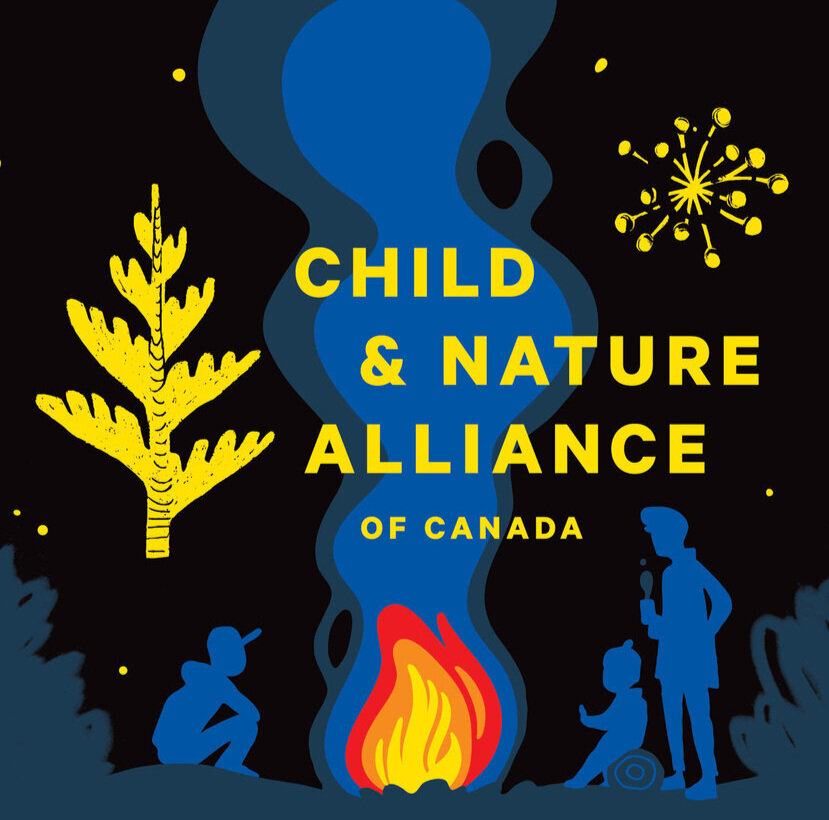
Ep. 144 : Heather Wilson of Child and Nature Alliance of Canada
The work of Forest schools is becoming a bustling landscape of small organizations and business' trying their best to teach and share alongside the land in the best ways they can. But how do we transplant a European sourced model onto colonized indigenous lands without repeating the same racist patterns of harm? How do we not only stop harm, but work towards healing, reparations, and good relationships with all the communities we serve through the context of learning and teaching on the land?
Heather Wilson is the new (as of Nov. 18, 2020) Executive Director of Child and Nature Alliance of Canada and with humility and grace, Heather shares some of the work she and the CNAC are doing to push Forest Schools towards a more inclusive, safe, meaningful, and culturally relevant option for all stakeholders.

Other platforms where you can listen to the show :
As well as : Pocket casts : RadioPublic : ListenNotes : Podcast Republic


